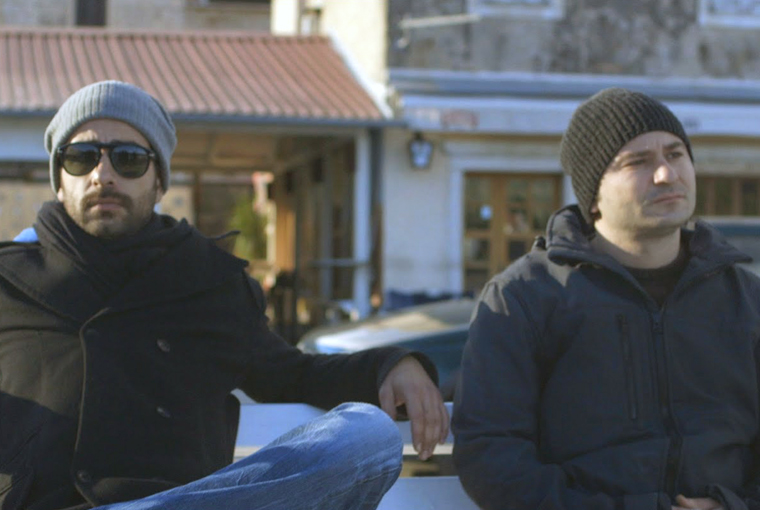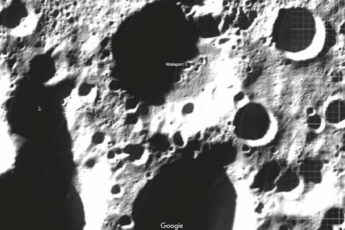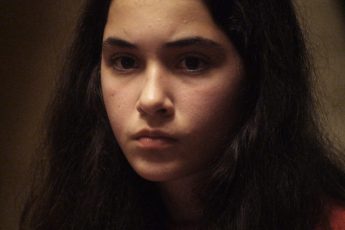
In Vis-à-vis, Rakan Rushaidat plays a director struggling to finish the script for his next project, a problem he hopes to address with his main actor (Darija Lorenci) at the island where their film is to be set. Instead of honing plot and characters, the two end up fighting on the island, first over the persistent SMSing of the actor, then about the reasons for the SMSes, and so and so on. It turns out that save the first 30 minutes there is not much to be said about the narrative without recurring to outright spoilers, since most of the film’s conflicts arise from things we hear about director and actor in their dialogues: the one’s father’s death, the other’s divorce etc. Amazingly, though the film was shot with no real budget or plot, many of these story-revealing sequences work well both on a stylistic and technical level. Unfortunately, they are divorced from each other by interludes of shots of the rather beautiful Vis Island (and melodramatic music), segmenting the film into short episodes with no firm narrative spine.
If I stopped writing the review here, I would probably have to say the film is impressive given its production circumstances. Indeed, I might add that it is a directorial achievement, though a bit too predictable and somewhat undecided on its style (mainly because there is too much switching of emotional tones). What is missing from my review so far is the film’s Witz, however: its self-reflexiveness. Firstly, the characters constantly discuss how a movie is made, with the film’s style often matching their descriptions, secondly, the film was made after Marasovic and Darija Lorenci (in the role of the main actor) went through just that experience, making it something of a retrospective reconstruction. This gives the film another layer, a certain piquancy to counterbalance the nonchalance of the style, but also an excuse to make stylistic decisions that would normally be objectionable (suggestive music, the open narrative, exaggerated dialogues, music video-like sequences). Since I am generally sceptical about films that say what they do (unless there are very good reasons for the performativeness), I don’t think this conceptual layer is something one should credit for its own sake (cf. Polish Kitsch Project, Wake Up, Mate, Don’t You Sleep). It is worth considering that many improvised films explicitly refer to their style, narrative, atmosphere, implications etc., and that we tend to let artists suggest that whatever is intentional is by extension justified (thus, artists often respond to criticism presented by interviewers with “that was intentional”, as if no additional explanation was needed). I think the final verdict of most viewers about this, and some related films, will depend upon their attitude towards meta-filmmaking, and upon whether they think that a film that chooses to be aimless/melodramatic/conventional is thus duly aimless/melodramatic/conventional (which is not to say that meta-films necessarily are aimless/melodramatic/conventional).
Either way, it is wrong to say that films like Vis-à-vis counter festival cinema. Many festivals have simply adopted a more everyday understanding of what enjoyment means. For events like TIFF, Vis-à-vis may be the perfect submission: it is smart, even conceptual, but just to the degree to which it doesn’t get tiring. It is a film you can watch at a festival after and/or before another 2 screenings, or at home with your family. Its only serious flaw, then, is that it doesn’t demand or allow thorough analysis, because it is quite simply fun. No more, but also no less than that.




Leave a Comment